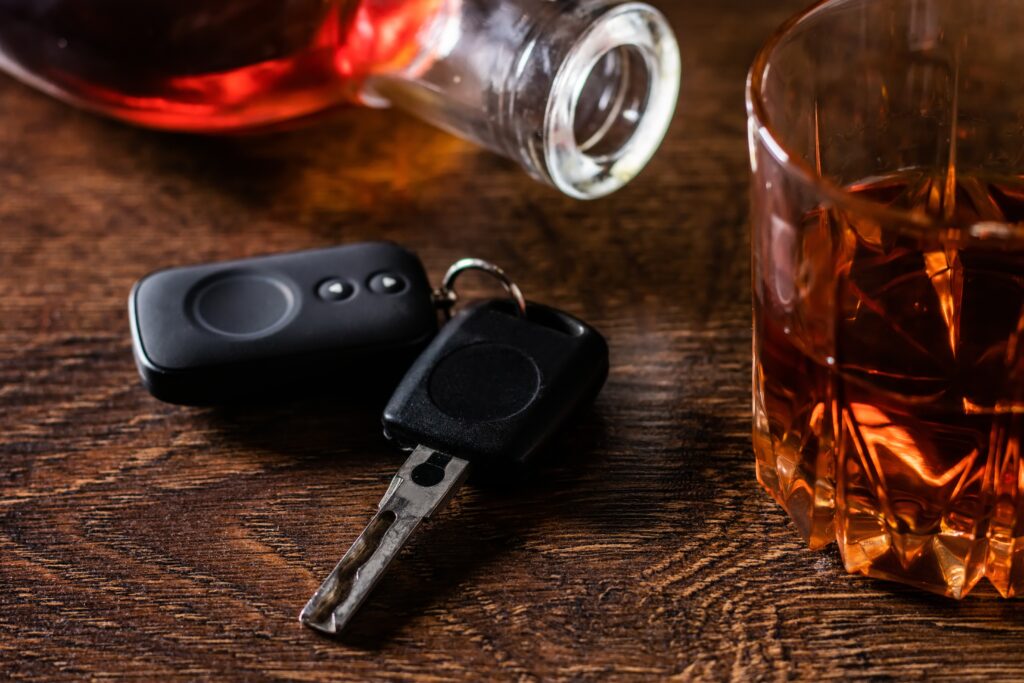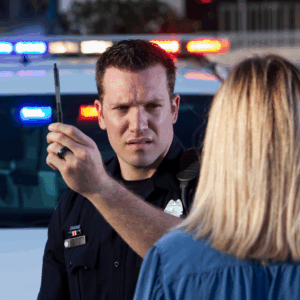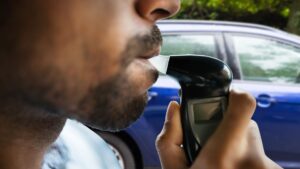 How to Beat a DWI Charge in New York
How to Beat a DWI Charge in New York
You’re pulled over, tested, and charged with DWI. Suddenly, you’re staring at fines, a suspended license, possible probation, and even potential jail time. Then comes a choice: Should I take a DWI plea deal or fight the charges at trial?
The decision to accept a DWI plea bargain is not as straightforward as it might seem. It is a complex choice with no easy answer. Understanding how plea bargains work, the associated risks and benefits, and why legal guidance matters can help you make a more informed choice.
What Is a Plea Bargain in a New York DWI Case?
In New York, a plea bargain is an agreement between the defense and the prosecution of a criminal case. Instead of going through a full trial, you agree to plead guilty to obtain a reduced charge or a more lenient sentence than you would get if the jury convicts you at trial. The most common reduced charges stemming from a DWI are:
- Driving while ability impaired (DWAI)—a traffic infraction rather than a criminal misdemeanor; and
- Reckless driving—still a misdemeanor, but may avoid some of the harsher DWI penalties.
Trials rely on juries, and juries can be unpredictable. Therefore, the purpose of a plea is to resolve the case quickly and with fewer risks for both sides. Plea negotiations are common in criminal cases, including DWIs, because they reduce the burden on crowded courts while giving defendants a chance at a lighter outcome.
However, keep in mind that people charged under Leandra’s law (i.e., DWI with a child present) are ineligible for plea bargains.
The Potential Benefits of Accepting a Plea Bargain
Agreeing to a DWI plea deal can feel like a lifeline, especially when you are anxious about what might happen at trial. Some possible advantages include:
- Reduced penalties. Instead of facing jail time, a criminal record, and steep fines, the prosecutor might offer to reduce your charge to a fine-only traffic infraction or a lesser misdemeanor. Alternatively, you might enter a plea to a DWI but get a lighter sentence through negotiations.
- Faster resolution. The process of going to trial can take several months. A plea bargain usually ends the case quickly, allowing you to move forward with your life sooner.
- Certainty of outcome. A trial can be highly unpredictable, and if the jury convicts you, the judge is likely to give you a steeper penalty than what the State offered at pretrial. With a plea, you know exactly what penalties you will face.
- Protecting your record. In some situations, a plea deal may keep you from having a permanent criminal conviction on your record. A clean criminal history can help with future employment or professional licensing.
For first-time offenses, negotiating a plea bargain may help avoid consequences that could spiral in severity with future charges. Penalties increase sharply for repeat offenders.
The Drawbacks and Risks of Plea Bargains
There are tradeoffs to consider before you accept a plea bargain. The most impactful being that you still plead guilty, which leads to the following consequences:
- Waiver of rights. When you accept a plea deal, you waive your constitutional right to a jury trial, your right to confront witnesses, and your right against self-incrimination. You are admitting guilt, even if it is to a lesser charge.
- Limited appeal rights. Once you accept a plea, it is difficult to challenge or overturn it later. If new evidence emerges or you believe there was an error in the case, you have minimal recourse after finalizing the deal.
- License consequences. Even reduced charges like DWAI are violations that will appear on your driving record and can affect your insurance rates and employment prospects.
- Possibility of a stronger defense. Legal or evidentiary issues could sometimes result in a dismissal or acquittal. Accepting a plea means you never fully explore those defenses or find out if they would have exonerated you.
There are risks associated with going to trial and with taking a plea. Your lawyer can help you weigh the pros and cons of both options, explain the consequences of both, and make sure that your decision is knowing and voluntary. Once accepted, you are bound by the plea agreement.
DWI Trial vs. Plea: Should I Take a DWI Plea Deal?
One never really knows what a jury will do, so choosing to go to trial can be risky. However, as we have seen, taking a plea also comes with risks. Let’s look at some considerations to keep in mind as you try to make this decision.
Suppressed Evidence
If your lawyer files a Motion to Suppress illegally obtained evidence and succeeds in getting key evidence thrown out, you have a better chance of winning at trial. In fact, if enough key evidence gets excluded, the State might drop your case before going to trial.
If there is still sufficient evidence to go forward, having less evidence might also be used as leverage—as explained below.
Weak Prosecution Evidence
If the prosecution’s evidence is weak, a trial can seem more likely to result in an acquittal. The weaker the case, the more your lawyer has a chance to convince the jury that the State has not proven the charges beyond a reasonable doubt.
Unfortunately, you never know which way a jury will go. So there are still risks, but they decrease as the State’s evidence weakens.
Opportunity for Acquittal
Only a trial offers the possibility of a not-guilty verdict. If you are acquitted, your name is completely cleared, and you can move on without any of the penalties or consequences of a conviction.
Leverage for a Better Deal
A strong defense case can give your attorney significant leverage in negotiations. When evidence is weakened—for example, through a successful Motion to Suppress—the threat of a trial may persuade the prosecutor to offer a more favorable DWI plea bargain than they initially proposed.
DWI trial vs. plea: This choice is one of the most consequential you will make. Do not face it alone. This is where the guidance of a skilled attorney becomes critical. Only by reviewing the specifics of your case can you make a confident decision.
We’ll Help You Assess Your Plea Deal for DWI
Plea bargains, though seemingly straightforward, are actually quite nuanced. Prosecutors are not negotiating for your benefit; they are protecting the State’s interests. This is where Greenspan & Greenspan can make a difference.
Since 1959, our attorneys have defended clients against DWI and other criminal charges. With deep roots in the community and a reputation for building strong client relationships based on trust, we take on the hard work so you can focus on moving forward. Contact us today.
FAQs
What Factors Influence a Prosecutor’s Decision to Offer a Plea Deal?
Several factors can influence a prosecutor, including the strength of their evidence, whether it is a first-time offense, the driver’s blood alcohol content (BAC), and whether there were any accidents or injuries. Your attorney’s ability to expose evidentiary weaknesses is also a significant factor.
Can I Take a Plea Deal After a Trial Has Started?
It is possible to negotiate a plea deal at any stage of the legal process. Yes, you can even accept a mutually agreed-upon plea deal during trial, assuming the State is willing to make an offer mid-trial. However, the best deals are usually made early in the process, before the prosecutor has invested significant time and resources into the case.
Resources:







